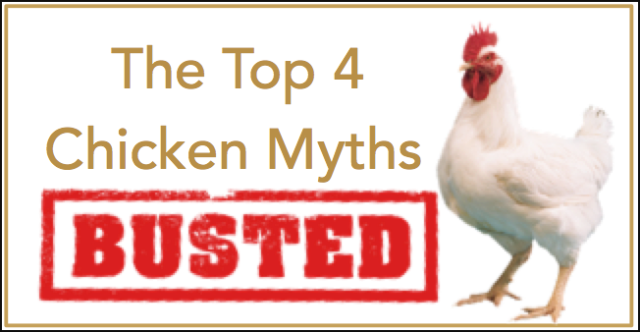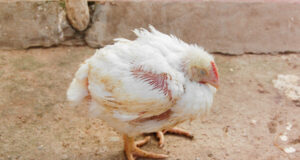
Abstract:
The broiler chicken industry leverages science and technology to enhance bird health, welfare, and performance, achieving market weight in 4-6 weeks through selective breeding, nutrition, and controlled environments. Concerns about broiler consumption myths prompt a scientific analysis, debunking misconceptions. Broilers are not fed growth hormones; antibiotics are administered under veterinary supervision, with alternatives proposed to prevent antimicrobial resistance. Early puberty and obesity claims lack scientific basis.
Introduction:
The India poultry market size reached a value of USD 30.46 billion in 2023. The industry is further expected to grow at a CAGR of 8.1% in the forecast period of 2024-2032 to reach a value of approximately USD 61.41 billion by 2032.India’s poultry industry contributing significantly to broilersproduction. Broilers, prized for their tenderness and high protein content, serve as a vital food source, particularly in urban areas, where demand is high. However, misinformation regarding broiler production, including false claims about hormone use, poses a threat to the integrity of the industry. This study endeavors to dispel these misconceptions through rigorous scientific analysis.
Misinformation about Hormones:Broilers are not administered growth hormones due to their ineffectiveness and high cost relative to hormone production. Regulatory bodies prohibit hormone use in poultry worldwide, ensuring consumer safety and industry integrity.
High Yielding Achieved through Selective Breeding, Not Hormones: Broiler genetics have undergone rapid evolution via selective breeding, resulting in enhanced growth rates and meat yield. Advanced rearing methods and optimized feed formulations further accelerate growth, as demonstrated by comparative studies spanning five decades of progress.
Concerns over Antibiotic Residues and Drug Resistance in broiler meat: While antibiotics are administered prudently in broiler farming to treat illnesses and enhance immunity, prolonged use can foster drug-resistant bacteria, prompting the need for alternatives and stringent prescription protocols to mitigate antimicrobial resistance. However, industries are dedicated to ensuring consumer safety.
Early Onset of Puberty and Obesity:Claims linking broiler consumption to early puberty and obesity lack scientific support. Factors such as junk food consumption play a more significant role in these trends. Broiler meat, being low in carbohydrates, is a nutritious protein source with no proven link to obesity.
The affordability of broiler meat can raise doubts: Broiler meat provides a cost-effective, protein-rich food source essential for tackling malnutrition. Its accessibility and nutritional value position it as a recommended dietary staple for addressing undernutrition and protein deficiencies.
Conclusion:
Broiler production does not involve growth hormones, ensuring consumer safety and compliance with global regulations. Antibiotic use is regulated to mitigate antimicrobial resistance risks. Claims associating broiler consumption with early puberty and obesity lack scientific backing. Broiler meat remains a valuable, cost-effective protein source, highlighting the industry’s contributions to global food security.
References: contact sazvet@gmail.com
Dr. Satheeshkumar P, Assistant Professor, AGB, TANUVAS-Veterinary College and Research Institute, Theni
Dr Anandasekaran G, Veterinary Assistant Surgeon, Chidambaram, Cuddalore
Agalya S P, Student, III Year BSc Agriculture (Hons), Adhiyamaan college of Agriculture and Research, Athimugam, Shoolagiri, Hosur
















